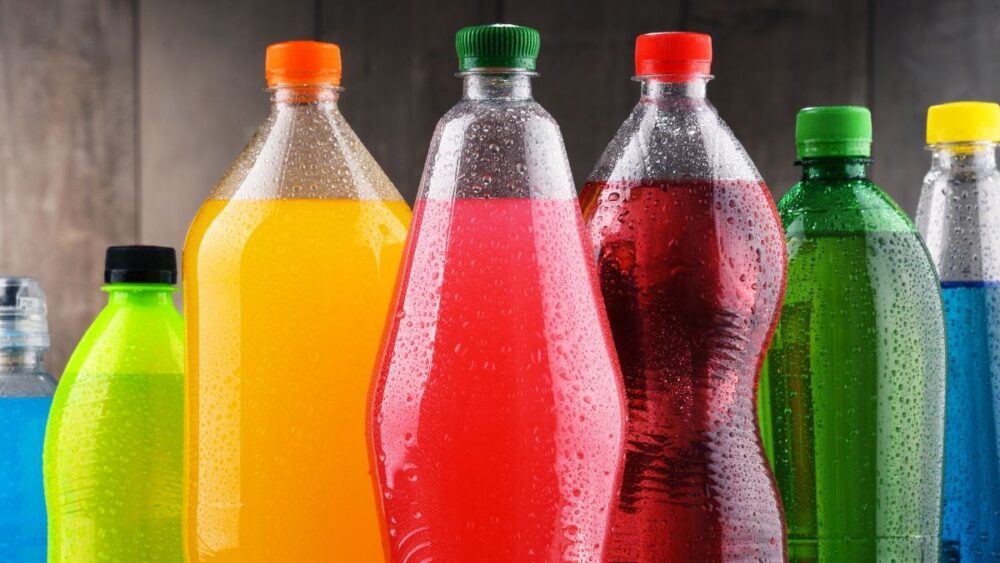Drinking sugar-sweetened beverages is linked to a higher risk for premature death in people with type 2 diabetes, according to a new study published in the journal The BMJ.
Added sugars in your diet — meaning sugars that aren’t found naturally in an unprocessed food like fruit — can contribute to a number of different health problems, including weight gain, cardiovascular disease, fatty liver disease, diabetes, dental problems, and depression. Research also shows that consuming added sugars in beverages may be especially bad for you — sugar-sweetened beverages have been linked to liver cancer and colorectal cancer.
To get cutting-edge diabetes news, strategies for blood glucose management, nutrition tips, healthy recipes, and more delivered straight to your inbox, sign up for our free newsletters!
For the latest study, researchers looked at the intake of various beverages among 15,486 adults with type 2 diabetes who took part in a long-term general health study. Participants indicated their food and beverage intake using a detailed food frequency questionnaire, which they updated every two to four years. The main outcome the researchers were interested in was the risk of dying from all causes over time, and they also looked at whether participants developed or died from cardiovascular disease.
Sugar-sweetened beverages linked to increased death risk
During an average follow-up period of 18.5 years, 7,638 participants (49.3%) died, and 3,447 participants (22.3%) developed cardiovascular disease — there was, of course, some overlap between these two groups. After adjusting for a wide range of factors other than beverage intake that are known to affect the risk of dying or developing cardiovascular disease (such as age, health status, and body measurements), the researchers compared participants with the lowest and highest intake of various beverages. They found that compared with participants with the lowest intake, those with the highest intake were 20% more likely to die for sugar-sweetened beverages, 26% less likely to die for coffee, 21% less likely to die for tea, 23% less likely to die for plain water, and 12% less likely to die for low-fat milk. Beverages for which there was a statistically insignificant difference in death risk — meaning it could have been due to chance alone — included artificially sweetened beverages, fruit juice, and full-fat milk.
The researchers found similar patterns when it came to cardiovascular disease and death from cardiovascular disease. Specifically, sugar-sweetened beverages were linked to a 25% higher risk of developing cardiovascular disease and a 29% higher risk of dying from cardiovascular disease during the follow-up period. Replacing sugar-sweetened beverages with certain alternatives, on the other hand, was linked to a lower risk of dying over time — a finding that applied to switching to artificially sweetened beverages, coffee, tea, or plain water. Participants who increased their coffee consumption in the period following a diabetes diagnosis were also less likely to die over time.
The researchers concluded that for people with diabetes, sugar-sweetened beverages may be a particularly harmful beverage choice when it comes to longevity — and that switching to or increasing your intake of coffee, in particular, may help reduce your risk of dying over time.
Want to learn more about beverages and diabetes? See “Staying Hydrated,” “Best Beverages for Staying Hydrated,” “Water Facts: Getting to Know H20,” and “What’s to Drink?”

